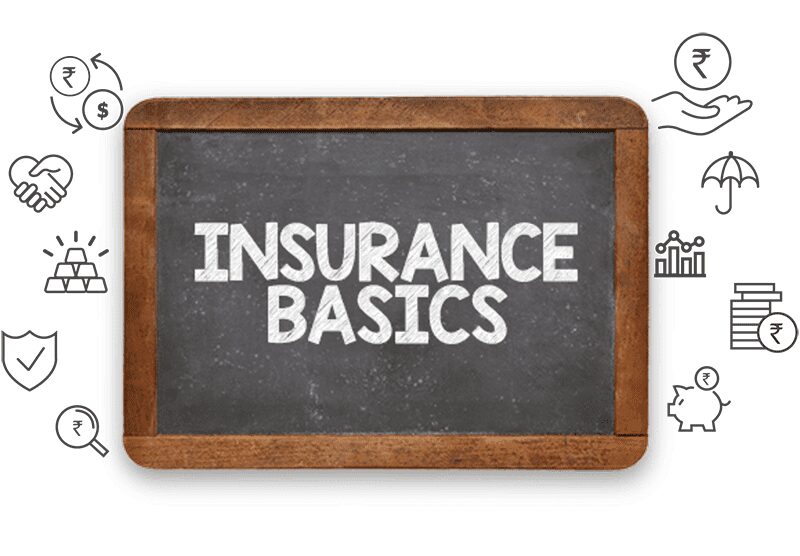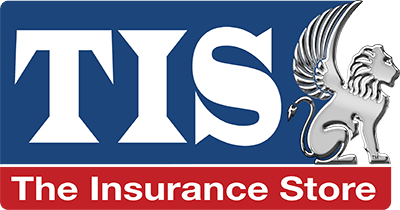 If you are about to start a new business or have been thinking about doing so, one of the most important steps in the process is preparing to obtain the proper insurance coverage. Here are three important points to keep in mind as you do so.
If you are about to start a new business or have been thinking about doing so, one of the most important steps in the process is preparing to obtain the proper insurance coverage. Here are three important points to keep in mind as you do so.
1. Plan for the added expense of insurance
Fulfilling mandatory legal requirements and being properly covered for the unexpected are the primary reasons to obtain insurance for your business. When starting up a new business, one of the first things to consider, however, is the added expense of this coverage. If you are putting together the funds to start and do not factor this in, you may find yourself having significantly invested in start-up costs before realizing that insurance premiums may prevent you from operating at all. Having at least a good estimate of what those coverages will run you is necessary before you consider making any purchases or signing any contracts. The best way to find out what those costs could be is to talk with similar businesses and find out what they are paying. “New ventures” have a tendency to pay higher premiums, so make sure to check with businesses in their first 1-2 years of operation as well. While most information these days can be found on the Internet, in this case you will be much better off talking to real business owners (similar to yours and in the same geographic area) rather than just “googling it” in an attempt to find out this information.
2. Understand which policies your business will need
Once again, talking to similar businesses is a great place to start. In short, however, these are generally the minimal coverages you should be looking at to get started.
-
- General Liability – this policy provides coverage for bodily injury and property damage should your business operations or products ever be found liable. From food poisoning to cracking foundations to customers “slipping and falling,” this coverage is there to provide coverage for many of the “general” but unexpected liability situations that could arise. Businesses that choose to operate without “GL” coverage generally are leaving themselves exposed in some way.
- Property – this coverage is there to protect your buildings or business property along with property that may be entrusted to your care. With property coverage (and all other coverages for that matter), it’s always important to note “exclusions” to your policy as well as the “covered causes of loss.” For example, if you are starting a business and obtain property coverage and do not realize that most policies have a mold exclusion, then you might not find that out until you submit a claim and then it would be too late to prevent the loss from occurring. Along with property coverage, also comes a coverage called “Business Income” which will allow you to be reimbursed for expenses that you incur should your business location be destroyed or otherwise impacted by a “covered cause of loss.” Interesting to note, many business owners submitted claims under “business income” for losses that came from having to shut their business down due to mandatory COVID-19 closures. However, “viruses” are usually not a covered cause of loss and are also excluded from coverage so generally these claims have not been paid by carriers.
- Business Owners Policy (or “BOP”) – this is another name for a special policy that includes both General Liability & Property coverages in one policy. These policies are often designed for businesses that are more “cookie cutter” in nature, provide excellent coverage at generally lower premiums and often include dozens of other additional coverages as well.
- Workers Comp – depending on the state you are in, this policy is generally required by law whenever you have one or more employees. In most states, operating a business with employees but without this coverage makes you susceptible to fines, mandatory closure, jail time and worse of all, paying out-of-pocket for the medical costs and lost wages associated with the injury or death of an employee. The premium for this coverage is always based on the dollar amount of payroll of your employees. Business owners themselves can usually exclude themselves from coverage, if they desire, as they are not forced to pay insurance premium on their own payroll or earnings.
- Commercial Auto – if your business owns/leases vehicles or if driving is a normal or even occasional part of your business operations then you may also need a Commercial Auto policy. If you, your employees or even a subcontractor are “about your business” or “on the clock” and an accident occurs in which you or those “on your errand” are found to be at fault, the resulting lawsuit will most likely seek damages from your business, not just from the owner or driver of the vehicle. If you only have a personal auto policy in place or believe you are using the personal policies of your employees or subcontractors, you are leaving your business exposed. If you do not own/lease/use any vehicles yourself but have employees or subcontractors that do, you will want to have a commercial auto policy with “Hired & Non-owned Auto” coverage included or at a minimum have this important endorsement added onto your General Liability or Business Owners Policy (if it is available).
- Other policy types – Depending on your business type, additional policies such as Bonds, Inland Marine (such as cargo & mobile equipment), and Professional Liability (Errors & Omissions “E&O”), Cyber Liability, Employment Practices Liability (“EPLI,” etc.) may also be required or at least a good idea depending on your business type.
3. Partner with an insurance agency who understands your niche and has access to options
Your insurance agent will be an important part of your business so choose them wisely. They will need to be somewhat knowledgeable in your field, accessible for questions and ideally both large enough to remain financially stable (even through tough economic times) but small enough to get to know you by name if you are in frequent contact with them. They will serve as your consultant and trusted advisor and, as such, you may want to consider their role similar to that of your lawyer, accountant, or financial advisor. Another important aspect of choosing your agent is their ability to provide you with service even when your main contact is unavailable or if they should ever leave the agency altogether. A good agency has a “team” in place to support you, not just one person. The insurance world is an ever-changing landscape requiring you to safely navigate around constantly shifting underwriting guidelines, occasional changes to state legislation (as we’ve seen recently in California with Assembly Bill 5 recently) and the impacts of both manmade and natural disasters such as riots, vandalism, disease, wildfires, hurricanes, and earthquakes.
While the initial “purchase” of insurance is an important step, it is only the gateway to this essential relationship. Keeping your costs at a minimum are important to any agent, but the price of premium alone is only one of several factors to consider when starting your new business.
